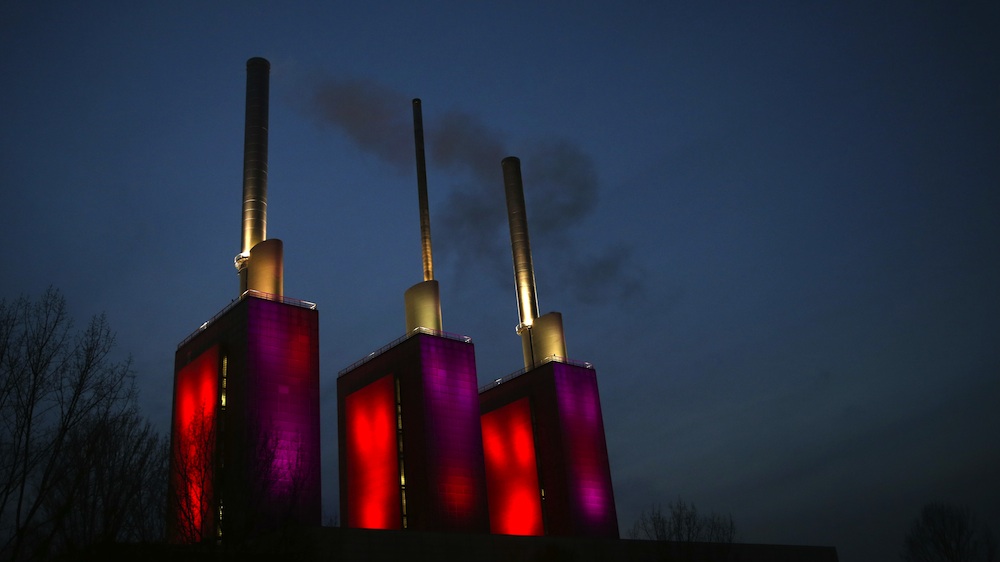A new incentives initiative seeks to complete Germany’s transition to renewables with an appeal to business and a focus on a long-neglected area: the heating and cooling sector. Government support for solar and biogas heat may give the Energiewende a further push in the right direction.
The current German government has received a good deal of grief from environmentalists and Energiewende supporters lately. This is because it scaled back subsidy programs for the expansion of renewably-generated electricity and called to life tendering procedures that are more likely to benefit larger rather than smaller companies or energy cooperatives. And indeed, the expansion of renewables in the power sector, as well as the mushrooming of coops, has slowed – but not stopped.
But it has also been doing something else for which it hasn’t been given enough credit: namely rounding out the Energiewende. Late last year, Berlin gave energy efficiency the biggest push ever with a package of measures aimed at cutting the country’s emissions by 62-78 million tons of CO2-equivalent by 2020. This is a big step toward meeting its 40 percent climate target. I’ve said it before: Bravo!
It has also been pushing hard for new power grid corridors, despite stiff opposition within the coalition. (This has now gone on far too long and it’s high time that Merkel puts her foot down with the stubborn Bavarians.)
Now it has taken on another long neglected field, namely heat. Until now the Energiewende has concentrated almost exclusively on electricity. And indeed, its greatest accomplishments so far come in the power sector: 27.8 percent of Germany’s electricity supply comes from renewables. On the contrary, in the heating and cooling sector, final energy consumption is lagging way behind: just 9.9 percent, far below 2020’s 14 percent target.
But last week Merkel’s coalition put into motion an initiative to boost the use of renewable heating in buildings. The supports are only worth €300 million – just a drop in the bucket, really, but intended to give a push to the expansion of large solar thermal collectors and biogas production. The support for solar and biogas heat will be revenue dependent – in other words, in the form of a market incentive program like the one that has benefited solar photovoltaics and onshore wind over the last decade. SMEs will benefit from a 10-percent bonus for investing in renewable heat, and large companies will be eligible for further investment grants and loans. The financing is aimed to benefit mostly older residential and commercial buildings – the biggest sinners when it comes to efficiency.
“Through improved incentives we want to significantly speed up the expansion of renewable energy in the heating market,” said Sigmar Gabriel, Germany’s Minister for Economic Affairs and Energy and leader of Angela Merkel’s SPD coalition partner. “We also want to open the program more strongly to the commercial sector.” Getting more businesses, particularly SMEs, involved is critical to keeping popular support behind the Energiewende.
Although it is unclear, writes ENDSEurope, which technology the new guidelines benefit most, the biogas sector sees it favorably. The program’s incentives could cover as much as 30 percent of a facility’s net investment in the construction and expansion of biogas pipelines for untreated biogas.
The program and the new energy savings criteria will enter into force in April 2015.







